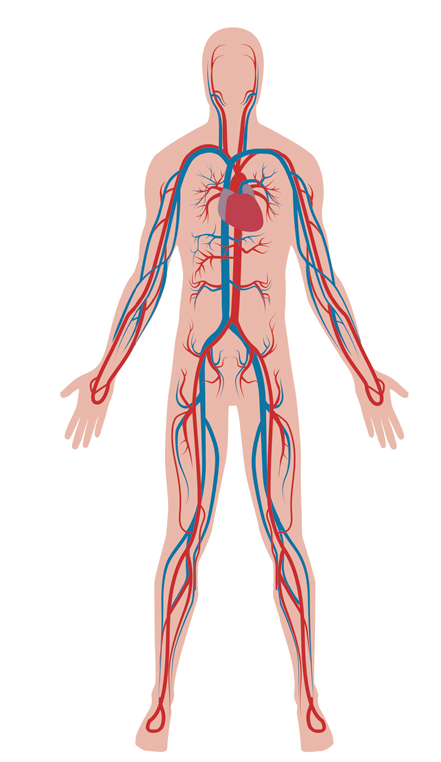A. Dariush Mozaffarian, MD, DrPH, dean of the Friedman School of Nutrition Science & Policy and editor-in-chief of Tufts Health & Nutrition Letter answers: “Great question! Here are some basic definitions:
Heart health is a term often used to refer to your risk of having a heart attack. Heart attacks are most often caused by a slow buildup of plaque in the heart’s arteries (atherosclerosis). This plaque can suddenly crack (rupture) causing clotting and blockage of blood flow within the artery, leading to damage or death of the heart muscle. Heart health can also refer to other diseases in the heart, such as problems with the heart’s valves or electrical system (for example, arrythmias like atrial fibrillation).
Cardiovascular health refers to heart health plus brain health related to the circulatory system (the heart and the blood vessels responsible for moving blood throughout the body). When plaques in the brain’s arteries rupture, we call it a stroke. Strokes can also be caused by bleeding in the brain, often related to high blood pressure. Sometimes cardiovascular health also refers to atherosclerosis in the arteries of the kidneys (leading to kidney disease) or legs (leading to pain in the legs with walking). Diseases of these various organs are often collectively referred to as cardiovascular disease (CVD).
Cardiometabolic health is a newer term, encompassing not only cardiovascular health but also risk of diabetes (a ‘metabolic’ disorder). With type 2 diabetes (by far the most common type), the liver, pancreas, muscle cells, and fat cells all have abnormal metabolism—the body’s processes that break down and interchange complex molecules (like nutrients from food) to provide energy or build new molecules (like muscle fibers, enzymes, or fat). This leads to unhealthy levels of not only glucose but also fatty acids, inflammatory molecules, and other regulatory hormones. Diabetes is increasingly grouped with cardiovascular diseases because of their very close overlap in risk factors and occurrence: a diagnosis of diabetes greatly increases risk of a heart attack or stroke, and a first heart attack often predicts coming diabetes. Metabolic syndrome is a cluster of specific conditions (high blood pressure, high blood sugar, excess body fat around the waist, and abnormal blood cholesterol or triglyceride levels) that increase the risk for diabetes, heart attack, and stroke. Protecting your cardiometabolic health means enjoying a healthy lifestyle and keeping your metabolic risk factors in a healthy range.
Risk factors for heart attack, stroke, and other cardiometabolic conditions include a poor-quality diet, physical inactivity, smoking, high blood pressure, high blood cholesterol, diabetes, and overweight or obesity.”
























